George Washington said that “a nation is judged by how well it treats its veterans.” As Veteran’s Day comes and goes, the issues facing our veterans tend to fade from our nation’s focus until the next year. But, as a nation, we must understand that the challenges our veterans face require greater attention and the sacrifices they have made warrant greater and constant support.
I am an American soldier and that is the most important title I will ever hold. For over 39 years, I was honored to be part of the 1% of our nation’s population who defend our great country and preserve our way of life. There is a special unspoken bond among the military. Whether it is communicated through a handshake, a hug or a simple nod, this bond speaks volumes because it represents understanding and appreciation. As a fellow soldier, I am lucky to share this bond and I can attest that every serviceman or woman truly feels the gratitude of their fellow battle buddies. But what about from the other 99% of the population who don’t share this bond? What are we as a country doing to show them our gratitude? While it may be hard to understand the unspoken bond, surely we can understand that the men and women who sacrifice for our freedom deserve more than a “thank you for your service” on Veterans Day.
The video tributes, standing ovations, and moments of silence for our military are important, but they are not enough. No amount of “thank you’s” will ever resolve certain issues that require urgent action and reflect how history will judge this nation’s treatment of its veterans. The following topics are some of the biggest challenges facing veterans but do not represent a complete list.
Veteran Mental Health & Suicide
The VA estimates that one in three veterans show signs of depression, one in five veterans have serious signs of depression, and one in eight to ten veterans has major depression. According to the U.S. Government Accountability Office, 2.1 million veterans received mental health treatment from the U.S. Department of Veteran Affairs from 2006 through 2010. But the Substance Abuse and Mental Health Services Administration found that only 50% of veterans who need mental health services will actually receive them. The horrors that many veterans are exposed to while serving paired with the lack of adequate mental health services when they return home often lead to veteran suicide. In my command, I lost more soldiers to suicide than I did in combat. The VA reported that the number of veterans suicides exceeded 6,000 each year from 2008 to 2017, growing from 5,787 in 2005 to 6,139 in 2017. In 2017, the average number of suicides per date for veterans was 16.8, a rate that was 1.5 times higher than the rate for non-veterans.
Veteran Unemployment
Among veterans of the Iraq and Afghanistan War era, the unemployment rate is 4.0 percent, a number that is 1.2 percent higher from May to September of this year and is above the national average for the third time in 15 months. The Bureau of Labor Statistics reported that the unemployment rate for the 4.7 million veterans with a service-connected disability was 5.2 percent in August of 2018. The issue of unemployment is also one that bleeds into the issue of depression and suicide as the length of unemployment has been linked to signs of depression and in some cases places a person at a higher risk for suicide.
Veteran Families
Veterans never serve alone. The issues mentioned above and many more are not just faced by veterans but by their families as well. In 2018, Maj. Brent Taylor, a Utah mayor, was killed in Afghanistan leaving behind a wife and seven children, the youngest of which was under a year old. I had the privilege of speaking with Maj. Taylor’s wife, Jennie, after her husband’s death about his legacy and how she planned to face the future. I, like most of you, cannot understand what Jennie and her family are going through and the extraordinary challenges that lie ahead, but what we should all be able to understand is that a simple “thank you” or “I’m sorry for your loss” is not enough to honor her, her husband and others like them.
As Americans who have benefited from the sacrifice of our veterans, how do we thank them?
Through action.
Educate
First, we can better educate ourselves on issues that are facing our veterans today like mental health, unemployment, adequate medical care, and homelessness. We must be adequately informed on veteran issues as well as current and potential solutions to these issues in order to most effectively participate in taking action.
Participate
We can participate in supporting initiatives, policy improvements, and organizations that are working to address veteran issues and improve their quality of life. We can also participate in spreading awareness and educating others on the issues facing veterans so they too can understand the need for support and take effective action.
Donate
Finally, we can donate. While monetary donations to veteran organizations, memorials or initiatives are valuable, donating our time can be just as valuable. Whether it is helping a veteran with job training, building a house, or simply visiting a VA hospital, there is no time donation too small to make a difference.
I challenge all of us to look for more opportunities to show our veterans our gratitude through action and to become a nation that does more than just say “thank you.”
- Major General (Ret.) Peter S. Cooke
For more information on the issues facing our veterans and current initiatives to support veterans, please subscribe.

